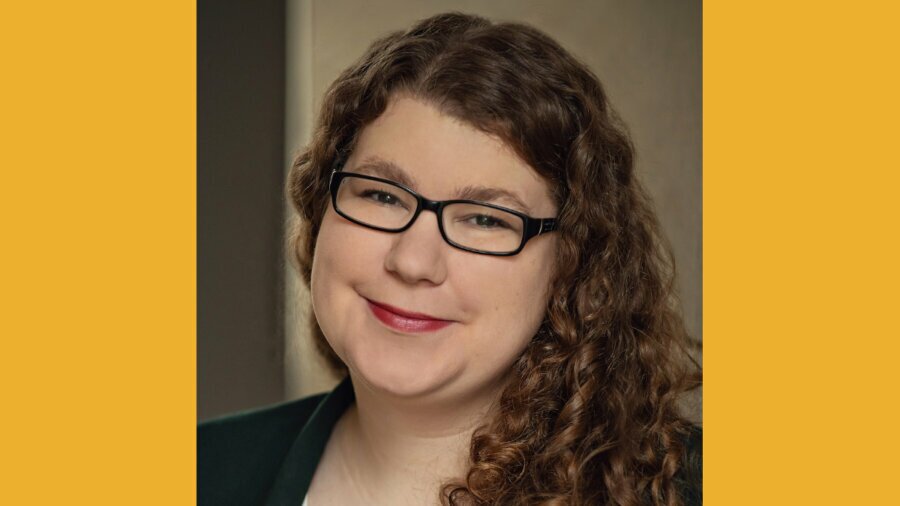![]() According to the US Census Bureau, there are approximately 56.7 million Americans with disabilities. Despite this large number of consumers and users of technology, many modern digital technologies remain inaccessible.
According to the US Census Bureau, there are approximately 56.7 million Americans with disabilities. Despite this large number of consumers and users of technology, many modern digital technologies remain inaccessible.
According to the Coalition of Organizations on Accessible Technology (COAT), under current federal law, only a small percentage of video programming must include audio descriptions for users who are blind or low-vision. Many people with disabilities face barriers in the workplace due to video conferencing services that lack necessary accessibility features such as closed captioning and compatibility with screen reading software. Audio descriptions and closed captioning on television sets are not easy to access and activate. Deaf people who communicate in American Sign Language (ASL) face accessibility barriers to emergency services. [continue reading…]


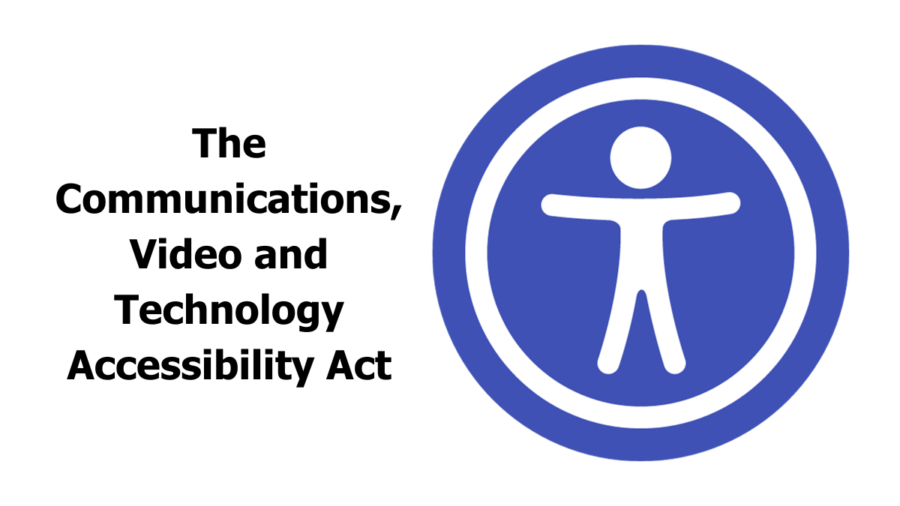
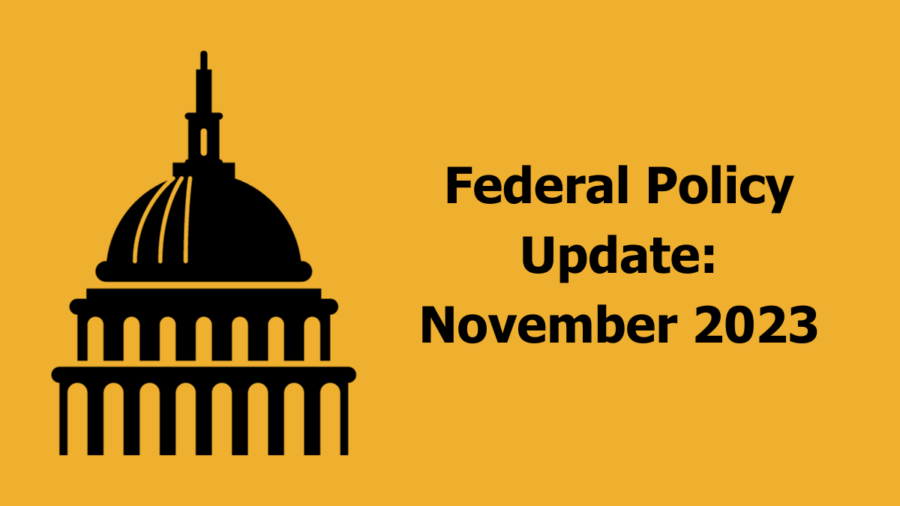
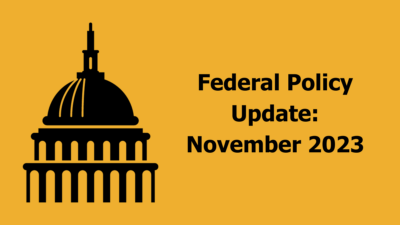 RespectAbility policy staff have been working diligently throughout the past month to research the current concerns of people with disabilities. We have had many in-depth conversations with policymakers from federal and state agencies, other disability rights organizations, state agency advisory committees, grassroots activists, and people with disabilities and their families. We have been attending coalition meetings and state agency advisory committee meetings, and we solicited the opinions of our own Policy Advisory Committee. We have been noting the most pressing concerns to develop our new long-range policy agenda and our specific legislative objectives for 2024. We look forward to releasing them within the next few weeks!
RespectAbility policy staff have been working diligently throughout the past month to research the current concerns of people with disabilities. We have had many in-depth conversations with policymakers from federal and state agencies, other disability rights organizations, state agency advisory committees, grassroots activists, and people with disabilities and their families. We have been attending coalition meetings and state agency advisory committee meetings, and we solicited the opinions of our own Policy Advisory Committee. We have been noting the most pressing concerns to develop our new long-range policy agenda and our specific legislative objectives for 2024. We look forward to releasing them within the next few weeks! 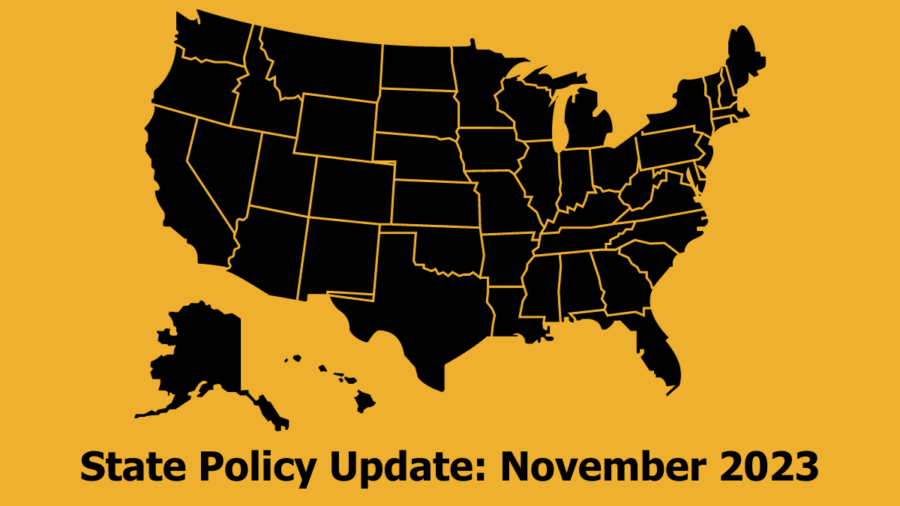
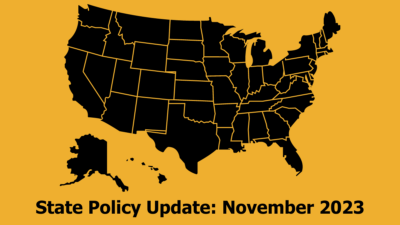 As State Policy Manager for RespectAbility, state legislators often share with me that they or their spouse, child, parent, sibling, or close friend has a disability and they would like to be more active and involved with disability issues, but don’t know where to start.
As State Policy Manager for RespectAbility, state legislators often share with me that they or their spouse, child, parent, sibling, or close friend has a disability and they would like to be more active and involved with disability issues, but don’t know where to start.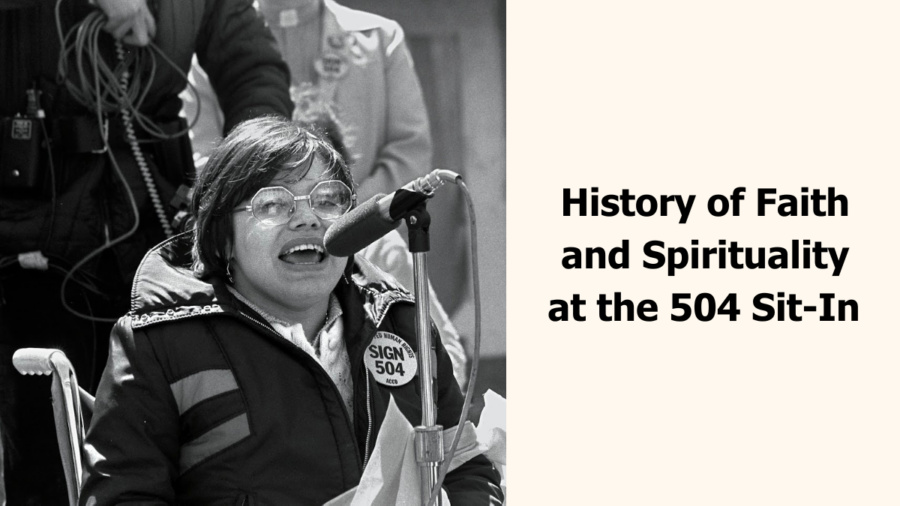
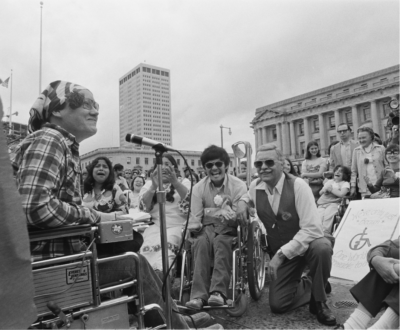
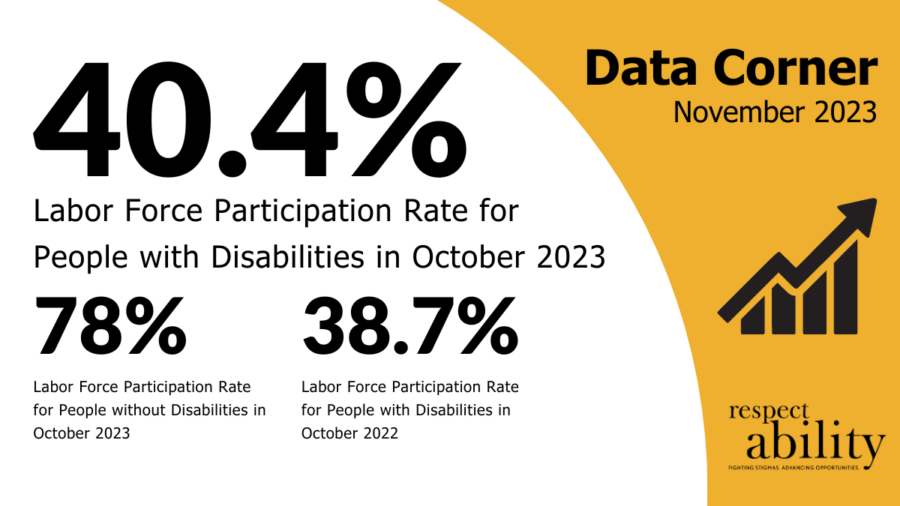
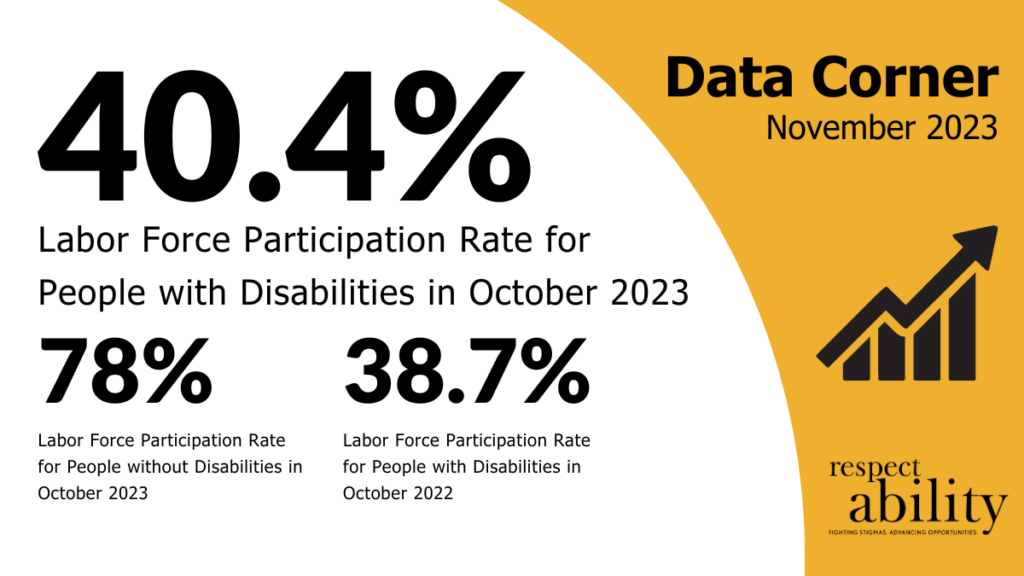 Monthly Employment Update for People with Disabilities
Monthly Employment Update for People with Disabilities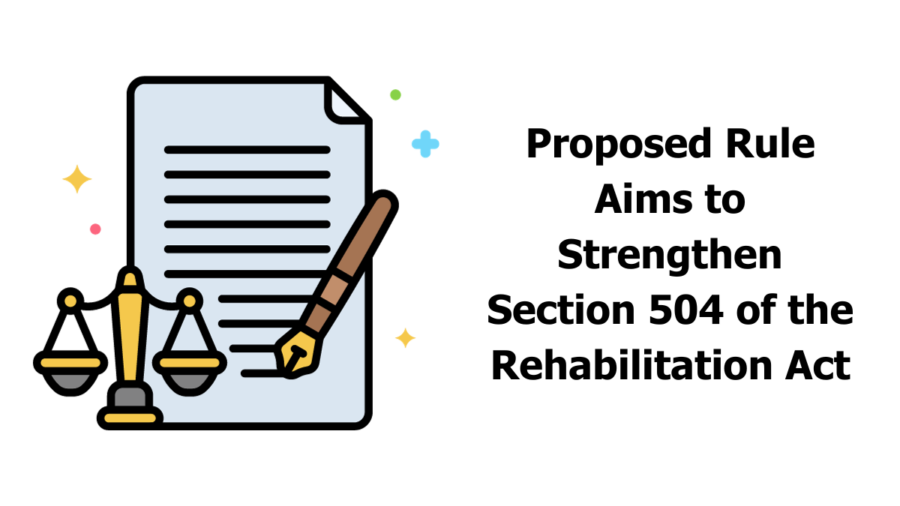
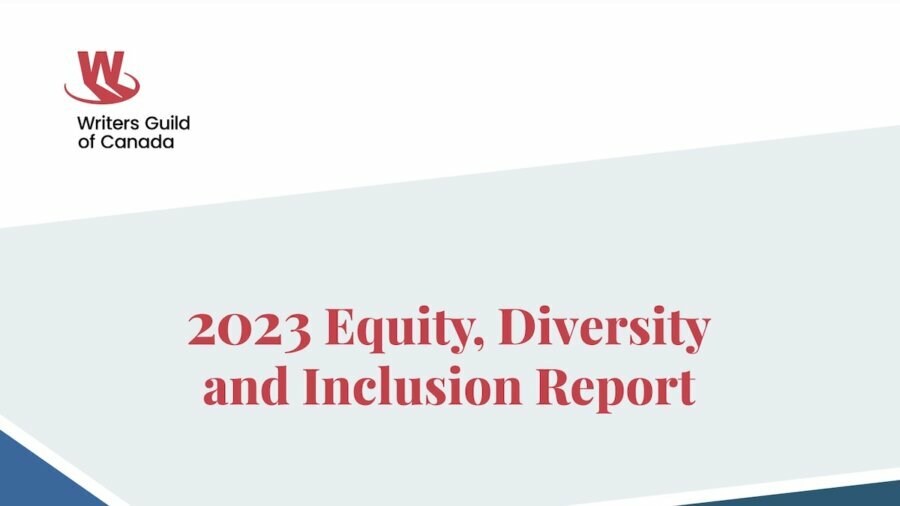

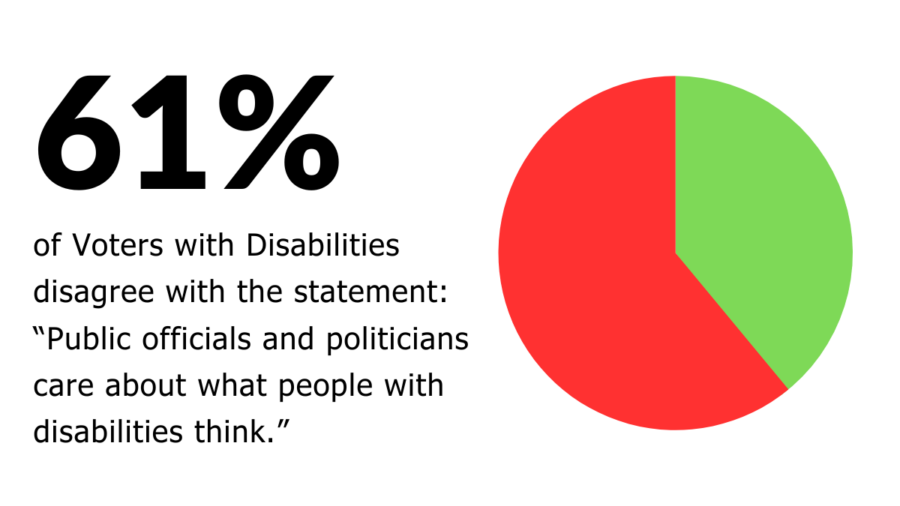
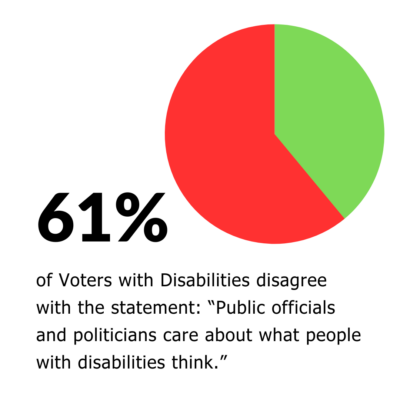 It has long been a source of consternation to members of the disability community that political candidates and elected officials rarely speak publicly about issues specific to disabled voters. In fact, few politicians even address how broader issues that they do speak about impact people with disabilities. After most presidential debates, there is a predictable barrage of social media posts from disabled voters who are disappointed that the candidates never mentioned the word “disability,” let alone addressed some of the issues that impact our daily lives the most.
It has long been a source of consternation to members of the disability community that political candidates and elected officials rarely speak publicly about issues specific to disabled voters. In fact, few politicians even address how broader issues that they do speak about impact people with disabilities. After most presidential debates, there is a predictable barrage of social media posts from disabled voters who are disappointed that the candidates never mentioned the word “disability,” let alone addressed some of the issues that impact our daily lives the most.